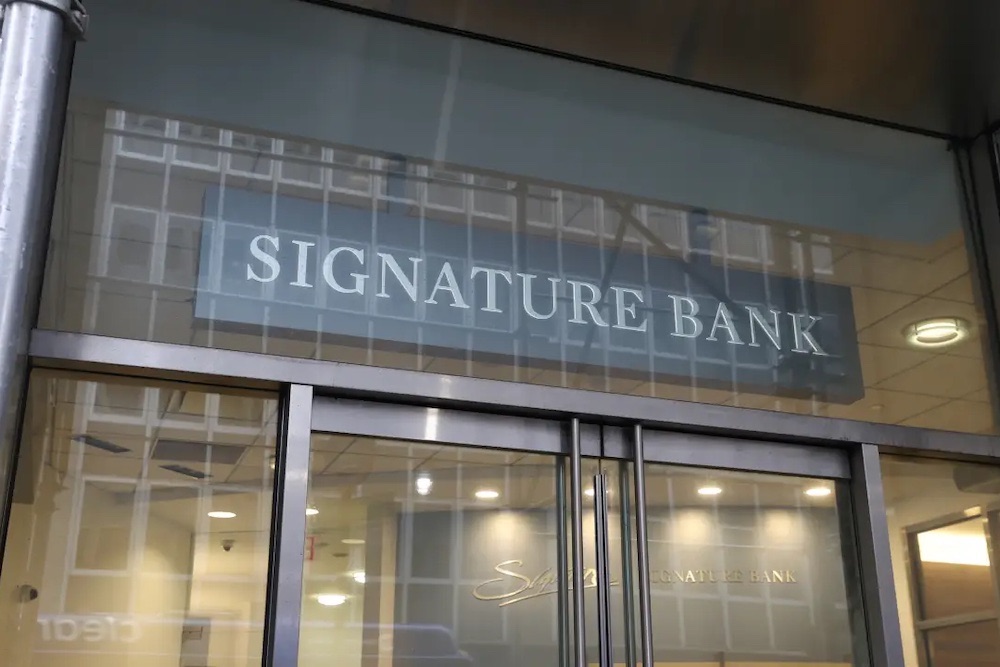The Securities Commission of The Bahamas (SCB) has begun public consultation for its Digital Assets and Registered Exchanges (DARE) Bill 2023, seeking to develop and expand the legislative framework for cryptocurrencies following the collapse of the bankrupt crypto exchange FTX.
According to an official statement, the consultation will run from April 25, 2023, through May 31, 2023, and interested parties are to submit their comments on the bill via a designated email address.
SCB Publishes the DARE Bill 2023
The commission disclosed that the DARE Bill 2023 seeks to expand its definition and list of crypto business activities to include customer and investor protection measures, risk management, and market innovation and development provisions.
The bill will toughen reporting requirements for crypto businesses providing custodial wallet services, digital asset exchange, advice on and management of virtual assets, and staking services. It will also offer a comprehensive approach to the regulation of stablecoins.
Drafted with the help of international law firm Hogan Lovells, the DARE Bill will enhance the DARE Act 2020. The SCB is benchmarking the DARE Act with frameworks from jurisdictions like the European Union, Hong Kong, and the US. Through continuous monitoring of the crypto sector, the commission aims to review the DARE Act to fit international regulatory advancements.
Christina Rolle, executive director of the SCB, said: “I am pleased to present for consultation the Digital Asset and Registered Exchanges Bill 2023, which will modernize andThe Bahamas strengthen requirements for conducting digital asset businesses in The Bahamas, and for the protection of consumers, investors, and the markets.”
The DARE Bill to Ban Algorithmic Stablecoins
The securities regulator is working towards putting the bill into effect in The Bahamas by the end of Q2 2023, aiming to quickly enforce measures to prevent a repetition of the FTX saga.
The Bahamas was the global headquarters of FTX before its demise in November. The exchange’s founder Sam Bankman-Fried, who currently faces fraud charges, also lived in Nassau, the capital of the Caribbean country.
With the DARE Bill, the SCB seeks a proactive approach to minimize systemic and contagion risks while encouraging innovation in the local crypto industry.
“Once passed, DARE 2023 will be among the most advanced pieces of digital asset-legislation in the world and will align with The Bahamas’ commitment to facilitating development and innovation in a well-regulated environment,” Rolle added.








